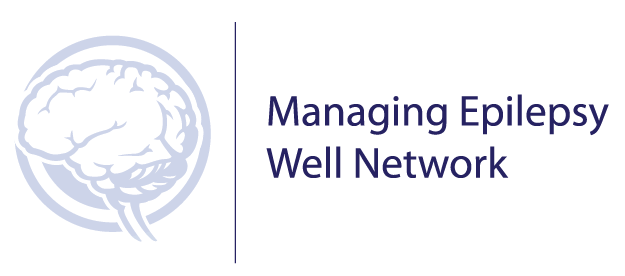Jenny Chong, PhD
Research Associate Professor
Department of Neurology
University of Arizona
Department of Neurology
1501 N Campbell Ave
Tucson, AZ 85724-5023
Phone: (520) 626-2258
jchong@email.arizona.edu
Jenny Chong, Ph.D., is a research associate professor in the Department of Neurology at the University of Arizona. She is affiliated with the Native American Research and Training Center (Family and Community Medicine), as well as with the Mel and Enid Zuckerman College of Public Health within the University of Arizona. Her interests are in epidemiology, increasing access to health services, Native American issues, and mental health issues among minorities with chronic illnesses.
Dr. Chong has worked with minority populations spanning three decades to gain an understanding of their treatment needs, the factors that can improve their access to services, and evaluation of treatment interventions. Dr. Chong has also worked with community health centers serving underserved Hispanic patients on depression issues including providing telepsychiatric care to clinic based patients, and co-creating a “toolbox” of strategies for “promotores” (i.e. community health workers) to address depression comorbid with diabetes among Hispanics.
Dr. Chong has conducted epidemiologic studies with epilepsy patients to determine the prevalence of epilepsy in Southern Arizona and has also conducted research with Hispanic and non-Hispanic epilepsy patients regarding depression, and the influence of social support and stigma on the patients’ mental health. Dr. Chong has served as the co-PI on a CDC grant to estimate the incidence of seizures among seniors in Arizona as well as learning the impact of the diagnosis on the individual, caregivers, and family members.
Dr. Chong is currently working (as co-PI) on a CDC SIP grant to redesign and develop a new Spanish version of MINDSET (Management Information and Decision Support Epilepsy Tool), a tablet-based program designed to assist patients and health care providers in developing an epilepsy self-management plan and monitor progress during clinic visits.

